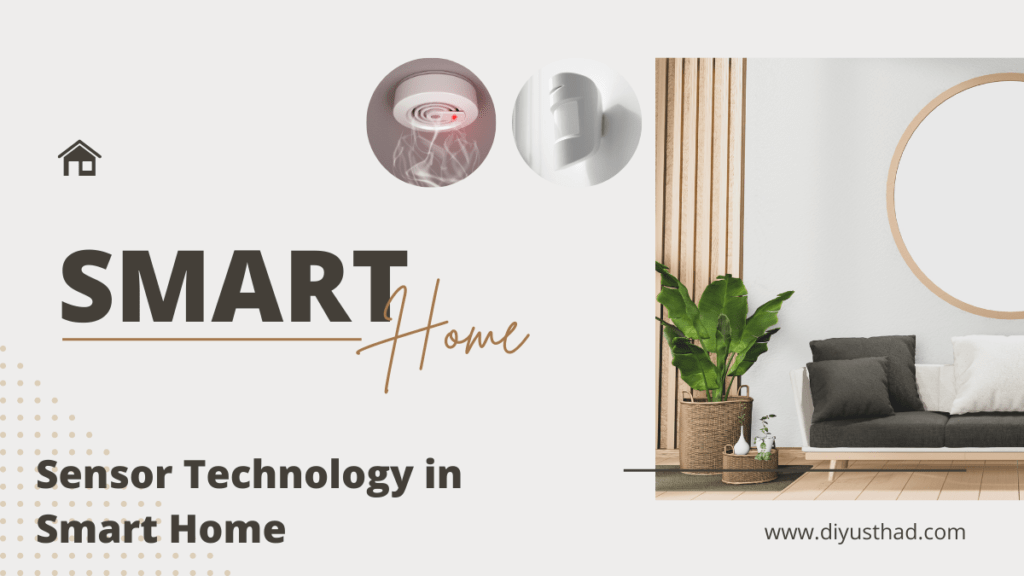
With the rapid development of science and technology, intelligence is getting deeper and deeper into life, providing a more comfortable living environment for human beings. So what is a Smart Home? A smart home is a living environment, is a residential platform installed with a smart home system living environment. It is the integration of automation control systems, computer network systems, and network communication technology in one of the networked intelligent home control systems.
Smart homes will provide users with more convenient means to manage home devices. For example: Controlling home devices through the home touch screen, wireless remote control, telephone, internet, or voice recognition. It is also able to perform scenario-based operations, enabling multiple devices to form a linkage. On the other hand, the various devices within the smart home can interact with each other and operate according to different states without the user’s command, thus bringing the user maximum efficiency, convenience, comfort, and safety.
The smart home system provides you with home appliance control, light control, curtain control, phone remote control, indoor and outdoor remote control, burglar alarm, and many other functions and means, everywhere is the shadow of the sensor, a variety of sensors here each show their skills. The sensors support the entire smart home control system, which is equivalent to the entire nervous system. The transmission of information and command intelligence are of great significance. To maintain a comfortable, environmentally friendly, and safe indoor environment, sensors play a role in the smart home system to monitor and provide data for the control center, which improves the automation and monitoring level of the smart home system.
Example:
Temperature and Humidity Sensor: It can sense and adjust the cooling or heating equipment at home so that you can enjoy the most comfortable temperature every day.
Visible Light Sensor: Brightness system according to the needs of the owner to achieve the most ideal brightness, and when the external environment changes can also be automatically adjusted, but also to achieve the effect of saving electricity.
Sound Sensor: The sound of many electrical devices at home can be switched on by your voice, without you having to press the switch;
Gas Sensor: If there is smoke at home, you can automatically start the ventilator. If there is a fire, the system can automatically start the fire alarm system at home.
One of the most significant advantages of smart home technology is the convenience and comfort it offers. Sensors play a crucial role in delivering these benefits, enabling the automation of numerous tasks that would otherwise require manual intervention. Security is another aspect of smart homes, and once again, sensors play a pivotal role. Various types of sensors, such as motion detectors, door/window sensors, and security cameras, help to enhance the security of a smart home.
Motion detectors can alert homeowners if there’s unexpected movement in or around the home when they’re away. Door/window sensors can detect if a door or window is opened or closed, providing alerts if there’s a possible intrusion. Meanwhile, security cameras can provide real-time video feeds, allowing homeowners to monitor their property remotely.
Sensors play a vital role in the operation and functionality of smart homes. They serve as the critical link between the physical world and the digital systems, enabling the automation that underpins the convenience, comfort, energy efficiency, and security of a smart home. As technology continues to advance, we can expect sensors to play an even more significant role in our homes, shaping the future of smart home technology. Whether it’s through enhancing our comfort, saving our resources, or protecting our homes, sensors are all undoubtedly an essential presence in the smart home.

